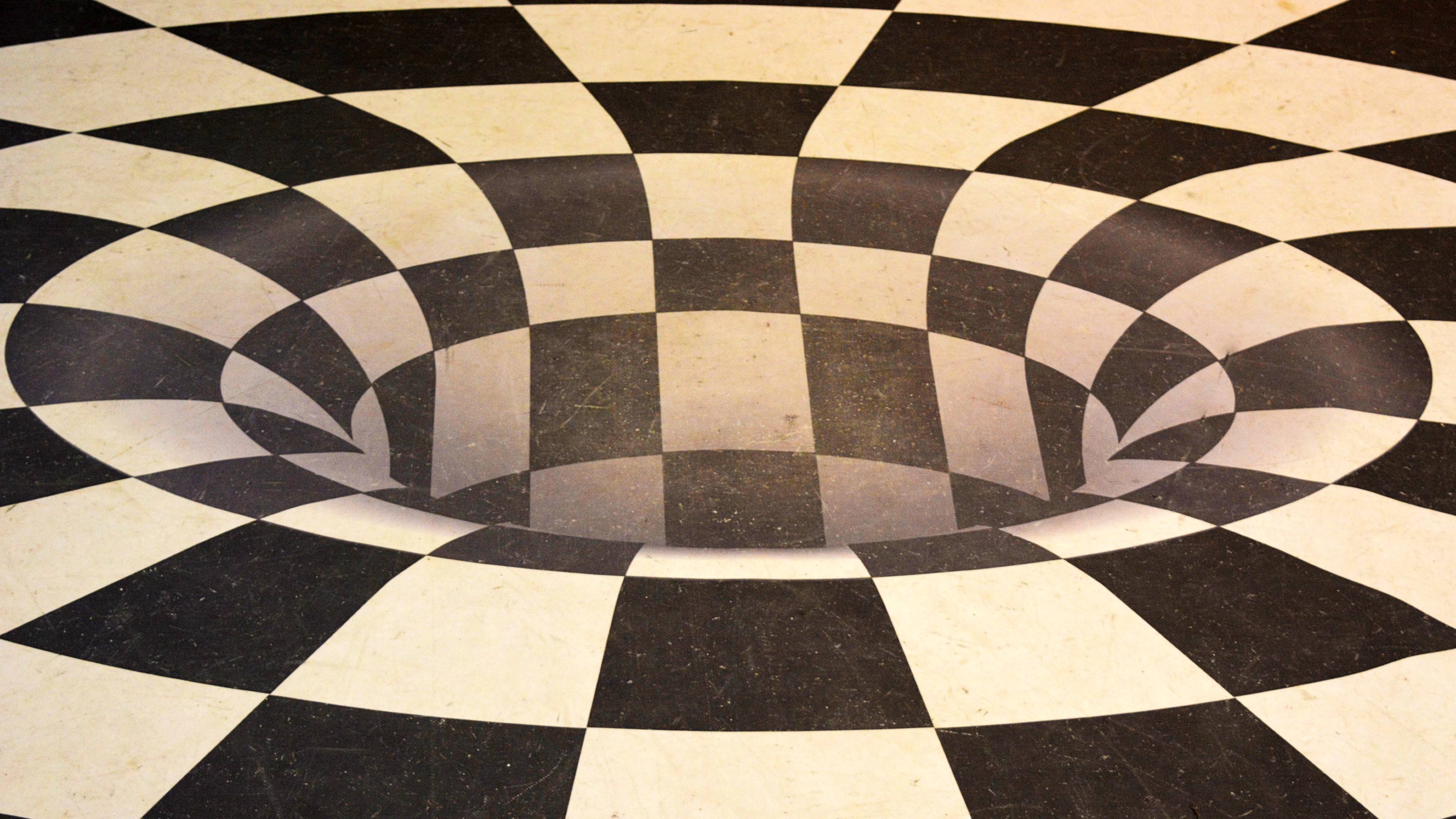Rob Riemen makes his case for Nietzsche.
Question: Whom would you like to interview?
Rob Riemen: Well I do not know what you broadcast from our conversation, but it might be known in the media that Sir Thomas Mann is a great hero of mine, and I would love to meet him. But probably more interesting for me would be the figure of Nietzsche. I mean because he was a complete tormented figure who was so horrifying prophetic about what would happen to Europe – his prophecy that we would kill the Jews; that Europe would be in ruins; capitalist society; Marxist society; he saw it all. He saw it all. And then he said ______ so on and so forth. I mean he ended, you know, in complete insanity. And yet in his work, in his notes, in his letters you know how . . . You can see how troubled he is that this son of a preacher who first devoted his life to Wagner and so on and so forth. For me he’s one of the most fascinated figures in European history. So Nietzsche probably, yes. Because with . . . with him I could disagree. Thomas Mann and Socrates I could only say, “Yes, yes, yes. You’re right. You’re right. You’re right. Wonderful.” My catch phrase for a lot of things is “nobility of spirit”, because that’s the quintessence of, you know . . . of culture, Socrates, Thomas Mann. But it was also the case of Nietzsche. And I am wondering if in the end he believed himself what he . . . what he wanted to believe. But you know I mean it’s . . . it’s very difficult because if as he analyzed no there is no god; no there are no transcendental values; no there is no eternity; no there is only what there is, nothing else. And yes we are animals, and we will behave like animals; and we have to accept a complete meaninglessness of our society – that everything is trivial and so on and so forth – I don’t know. Because he is . . . He must have been . . . He accepted it and he saw the horror of it. And yet in his . . . In the person he was who was a very honest man who had a lot of friendships . . . for whom friendship was enormously important, he was also a kind of inclination of nobility of spirit as a human being
Question: What is “the nobility of spirit?”
Rob Riemen: Without cultivation of the human soul through liberal education; through knowing the big ideas, the real values; it’s this protest of homecoming to our better self. That’s what nobility of spirit is all about. Including, you know, the questions and all these . . . and all these things. And also that you don’t give up the idea that there are things which are the best. I mean one of the problems for me with the more ideological, liberal side of our society is that liberals more or less in the line of Nietzsche have said we do not no longer know what the best is. Everybody should decide for themselves. So . . . But there is one thing we know very well, and that is what is worst. ___________. And we are against it, and so we have human rights, universal human rights, international organizations, and so on and so forth. Now of course this is of tremendous importance. There are things with which we cannot allow and accept anywhere in the world. Wherever you are, universal human rights. But can we build a society . . . Can we build a civilized society without having the knowledge of what is best? Can we really . . . I mean are we serious when we really say to people, look, whether you like Mozart or Britney Spears is just a matter of taste. I happen not to believe in that. It’s very complex. It’s not, again . . . But it’s one of the . . . And so the nobility of spirit takes as one of the . . . the . . . the premises that you must know what is best. No I cannot claim it and so on and so forth, but I have to have that kind of knowledge.
Recorded on: 10/3/07





